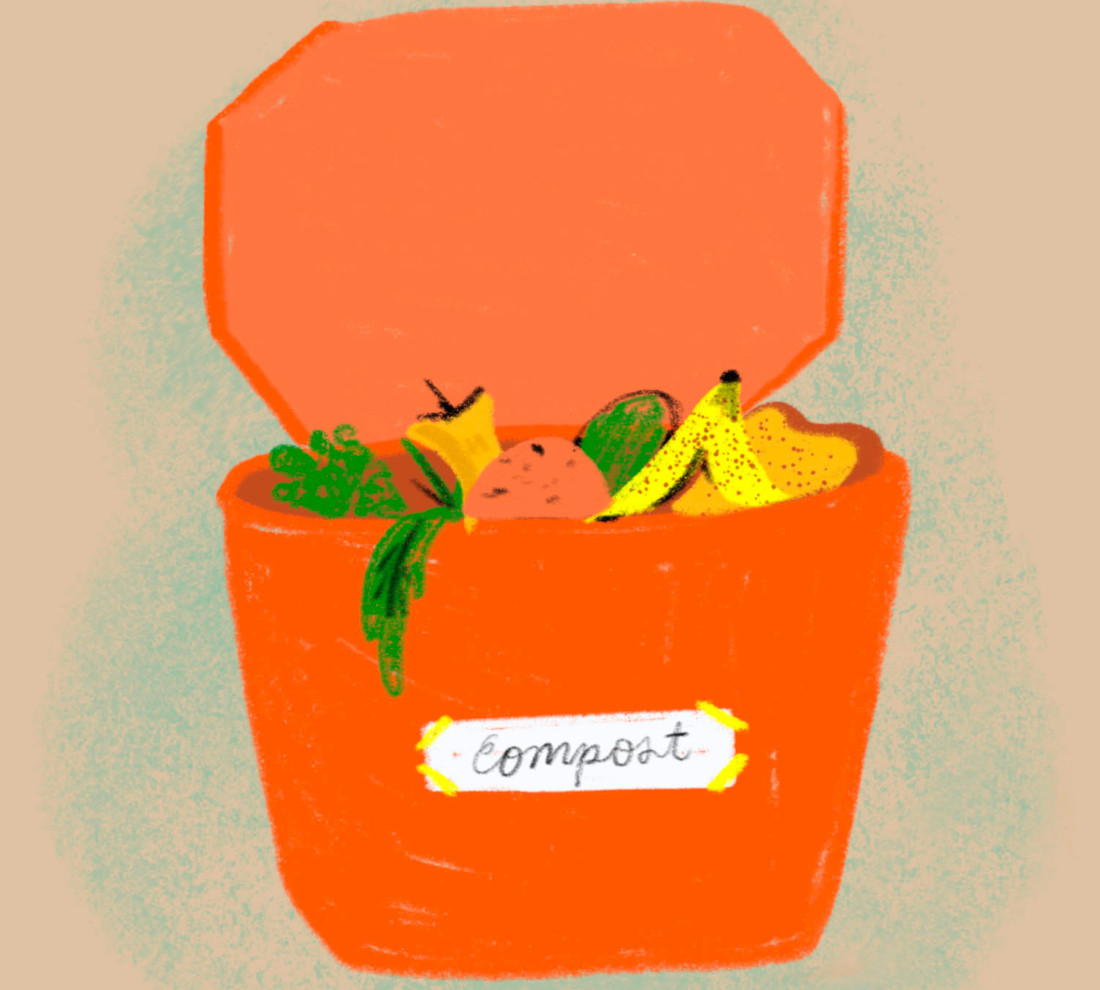Winnipeg lags to adopt city-run composting
Here’s how groups are trying to get there
Winnipeg remains the largest Canadian city without a city-run composting program.
This spring, the Residential Food Waste Collection Pilot Project is releasing its final report from 2020-2022. City Councillor Brian Mayes, chair of the Standing Policy Committee on Water, Waste and Environment, says the report will help push things forward for city council to vote on a permanent organics-collection program.
Mayes says he was hesitant about starting a composting program six or seven years ago but has since realized he was wrong. “We set a diversion target in 2011. We’re not going to meet it unless we start doing this, so we should start doing it, basically,” he says. “There is a big chunk of what still goes in the landfills, so if we can divert that from the landfill, that’s good environmentalism. We have been missing that opportunity for the better part of a decade, so (we’ve) got to get on this.”
The pilot served approximately 4,000 households from five neighbourhoods: Daniel McIntyre, Inkster Gardens, Linden Woods/Linden Ridge, Mission Gardens and St. George.
Since the project ended, about 40 households that participated in the pilot have signed up for the Compost Winnipeg paid local organic-waste pickup service. Karrie Blackburn, sales and customer-service lead for Compost Winnipeg, says participants were initially reluctant but began to understand their impact within the first week or two.
“They were filling up their compost bin, and their garbage was not (nearly) so full. It wasn’t (nearly) so smelly,” she says. “They had their worries about (composting) being messy, attracting pests and all these things, but it wasn’t the case. It was a very pleasant and positive experience for many.”
Blackburn says organics decompose anaerobically in a landfill. Without a supply of oxygen, healthy microbes and bacteria aren’t able to break down organic waste.
Instead, landfill waste sits in garbage bags, gets compressed and goes septic or rots, creating methane and leachate. To reduce methane, a greenhouse gas 21 times more potent than carbon dioxide, released from the Brady Road landfill, the City constructed a gas-collection system in 2012 and expanded it in 2018 and 2020.
Initial construction cost $7 million, with a contribution from the Province of Manitoba of more than $2.5 million. In 2018, the City spent another $971,000 on expansion and $3.2 million in 2020 including a $1.3 million contribution from the Canadian government.
Blackburn says Winnipeggers can be “proactive or reactive” when it comes to investing in landfills and waste programs. “There is an obvious choice (as) to how we should be proceeding with the care of landfills and how we interact with our waste,” she says.
Recently, the City granted Compost Winnipeg $65,000 to serve multi-family dwellings like condos and apartments. Blackburn says the organization will use the funds to improve their educational materials and services.
Published in Volume 77, Number 15 of The Uniter (January 19, 2023)








